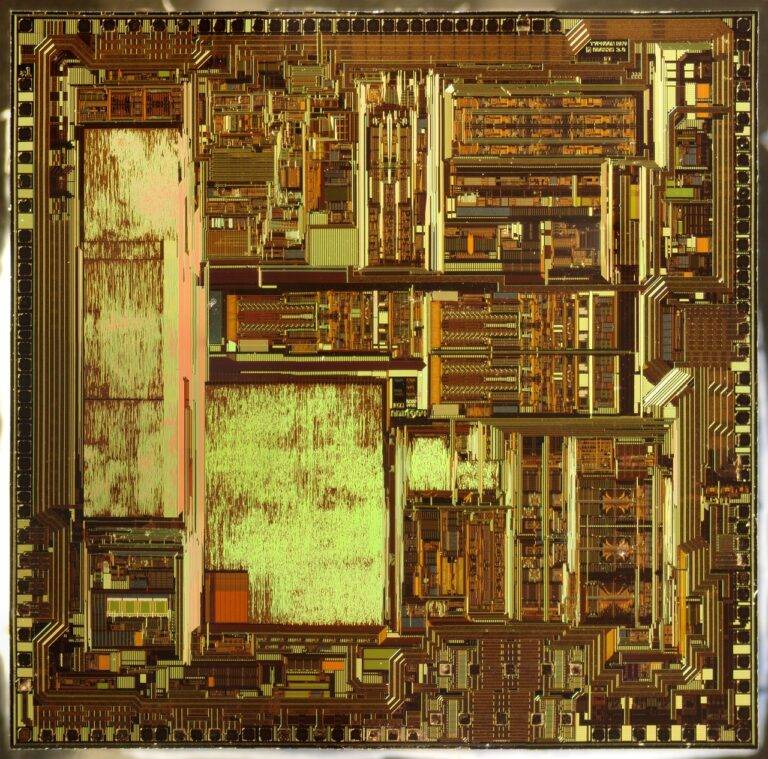The Future of Personalized Medicine
Personalized medicine faces several hurdles that need to be addressed for its successful implementation. One major challenge is the complex and expensive nature of genomic testing required to tailor treatments to individual patients. The cost of sequencing and analyzing a patient’s genetic information is still prohibitively high for many healthcare providers and patients, limiting the widespread adoption of personalized medicine.
Furthermore, there is a need for clearer regulations and guidelines around data privacy and security in personalized medicine. The sensitive nature of genetic information raises concerns about how it is collected, stored, and shared, especially in the era of increasing data breaches and cyber threats. Without robust safeguards in place, patients may be hesitant to participate in personalized medicine programs, hindering progress in this field.
Advancements in Genomic Testing
Genomic testing has witnessed remarkable advancements in recent years, revolutionizing the field of personalized medicine. By analyzing an individual’s DNA, these tests provide valuable insights into their genetic makeup, susceptibility to certain diseases, and response to specific treatments. The increasing precision and accuracy of genomic testing have enabled healthcare professionals to tailor treatment plans according to the patient’s unique genetic profile.
One of the key advancements in genomic testing is the advent of next-generation sequencing (NGS) technologies. NGS allows for the rapid and cost-effective sequencing of a patient’s entire genome, paving the way for more comprehensive and personalized healthcare strategies. With the ability to identify genetic mutations with high accuracy, NGS has become an indispensable tool in diagnosing rare genetic disorders and predicting treatment outcomes with greater certainty.
• Next-generation sequencing (NGS) technologies have revolutionized genomic testing
• NGS enables rapid and cost-effective sequencing of a patient’s entire genome
• NGS allows for more comprehensive and personalized healthcare strategies
• NGS helps in identifying genetic mutations with high accuracy, aiding in diagnosing rare genetic disorders
and predicting treatment outcomes
Role of Artificial Intelligence in Personalized Medicine
Artificial intelligence (AI) is revolutionizing the field of personalized medicine by analyzing vast amounts of data to tailor treatments to individual patients. Through machine learning algorithms, AI can identify patterns in patient data that might be missed by human experts, leading to more precise diagnoses and personalized treatment plans. By streamlining the process of analyzing complex genetic information, AI helps healthcare providers make data-driven decisions that ultimately improve patient outcomes.
Moreover, AI can assist in drug discovery by predicting how specific medications will interact with an individual’s unique genetic makeup. This personalized approach to treatment not only enhances the effectiveness of therapies but also minimizes potential side effects. By harnessing the power of AI, personalized medicine is poised to revolutionize the healthcare industry by delivering targeted and more efficient treatments to patients based on their specific genetic profiles.
What are some challenges in implementing personalized medicine?
Some challenges in implementing personalized medicine include the need for extensive genomic testing, interpretation of complex data, and regulatory hurdles.
How have advancements in genomic testing helped personalize medicine?
Advancements in genomic testing have allowed for more precise identification of genetic variations that can impact individual responses to treatment, leading to more tailored and effective therapies.
What role does artificial intelligence play in personalized medicine?
Artificial intelligence plays a crucial role in personalized medicine by analyzing vast amounts of data to identify patterns, predict treatment outcomes, and assist in decision-making for personalized treatment plans.
How can artificial intelligence improve the accuracy and effectiveness of personalized medicine?
By leveraging machine learning algorithms, artificial intelligence can analyze complex genetic and clinical data to identify correlations, predict patient outcomes, and optimize treatment strategies for individual patients, ultimately improving the accuracy and effectiveness of personalized medicine.





